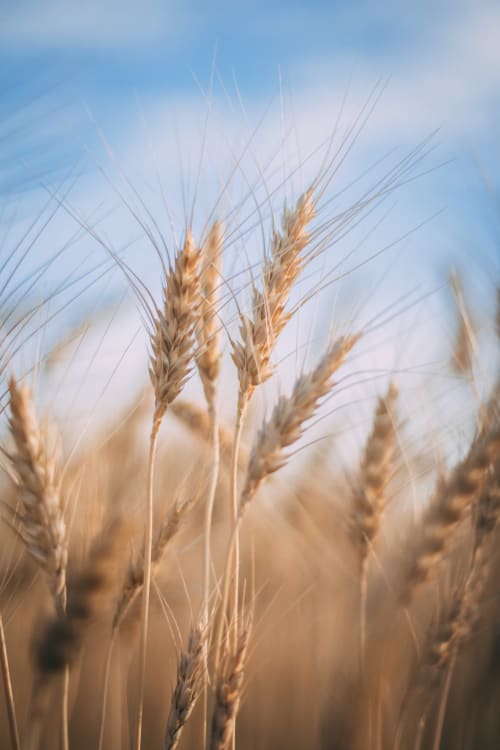
New generations and the wheat campaigns
In the 1950s, the very first tractors arrived in Garfagnana, and Edoardo's sons, Andrea and Valto, were the first to understand the potential of the new means and to purchase them: mechanical plow, harrow, tiller, machine for threshing wheat, and baler for harvesting forage. These innovative means were not available to most farmers, so the two brothers realized they could supplement the fruits of the farm by working other people's fields on call: the wheat campaigns began! Every July the caravan formed by the tractor, threshing machine, baler and trailer set out from Gallicano and went up the entire Garfagnana, harvesting wheat at the various farms to arrive in August at Percaldino and conclude the threshing season. Grandfather Andrea, Uncle Valto, Rodolfo, and Felice made up the team of expert tractor drivers capable of driving the vehicles up the rugged Garfagnana slopes where others dared not go. They bought one of the first machines for cleaning chestnuts, and in the fall they made the rounds of the "metati" (chestnut dryers, typical of the valley).